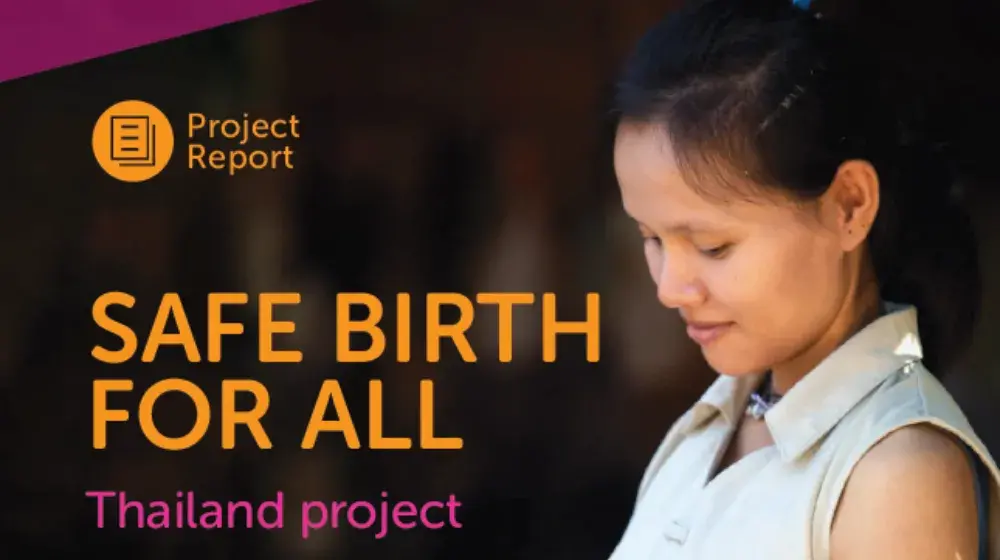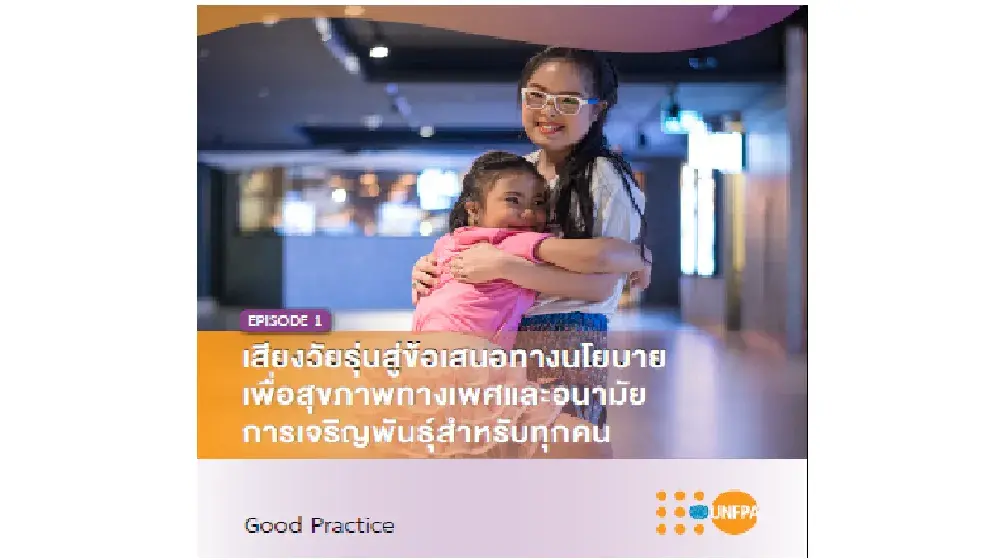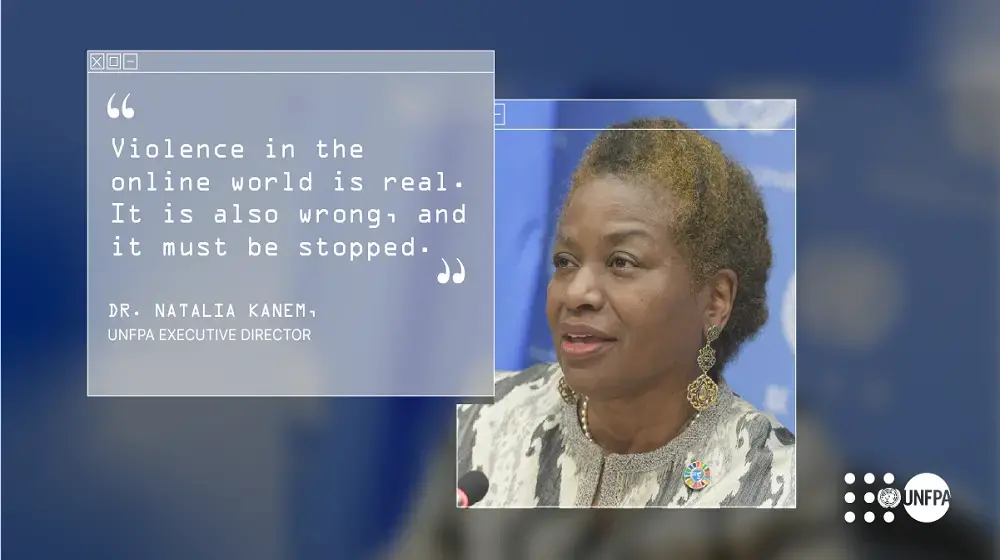Chiang Rai, Thailand--- Dao* lives in Chiangkhong District in Chiang Rai Province, North of Thailand. She had to leave high school at the semester 2 of Grade 10 because her family could not afford it. Her parents died of AIDS-related complications when she was only three-years old. Since then she has lived with her grandparents who also have many children.
While looking for a job, she met a guy. “We have relationship and then I got pregnant. We didn’t plan that. We didn’t use contraceptives. When I have a child I have to find more jobs. I never have to work this hard like going to rubber plantation at 3am,” says Dao. At eighteen-years old, Dao becomes a mother and a breadwinner for her family.
At nineteen-years old, First was the pride of her family, as one of a few students from her small hometown who pursued university level in Chiangkhong District. But during her first year in university she got pregnant. “I didn’t have a heart to tell my parents. I can’t imagine how disappointed they must feel when they found out,” she recalls.
“The first time I heard that First got pregnant, my ears were blocked,” says First’s mother, “like I couldn’t hear anything else. I couldn’t hold myself together. I was devastated for days.”
It wasn’t First who told her parents. It was Paphada Ta-ard, a local community activist on sexual and reproductive health who works closely with Center for Girls, a local organization that United Nations Population Fund (UNFPA) Thailand supports. UNFPA works with local organizations in Chiang Rai Province to bring out voices of teen mothers living outside of the capital city of Bangkok and hopes to realize their dreams and potentials. Paphada helped First and her family to get through the situation.
“The main problem is the negative attitude towards talks about sex. That leads to another problem not only for adult but also for teenagers, especially teen mothers. They are branded as flirty who like to sleep around,” says Papada.
First delivered her baby boy at Chiangkhong Emergency Clinic, where most cases like hers end up. Omjai Oubkham, Head Nurse at the clinic, explains that young moms-to-be have an option for safe abortion if they don't want to continue their pregnancy.
“The easiest way is to prevent the pregnancy, if they know how. Women can’t control if men decide to use condom or not so they usually bear the biggest consequence when they eventually get pregnant,” says Omjai.
Becoming a teen mother is a big challenge for young women but can be a great lesson for them to be responsible for their life, their baby and their future. Dao and First become responsible, positive and hopeful amidst difficulties.
Dao has to do any work she can find. She works at a rubber farm during the night. “I have to be a grown-up. I have to do more for my baby. If we don’t have money to buy milk or other things for our baby, I have to find a way, even to borrow money from other people. People look down on me,” she says.
First asked her mother in Chiangkhong district to look after her two-year old son. She is now looking for a job so she can send money to her mother. She is a sole provider for her family as her mother is no longer fit to work.
“It’s difficult to use a high school diploma to find a job because it is likely that an undergrad degree is more preferred. When I got pregnant at young age, I was too young to apply for any job. Minimum-age for employment is a criterion as important as the education requirement. For me, I learn from my mistake. It’s my lesson. Anyone who made mistake can start over. We can learn a lesson from our mistake,” says First.





